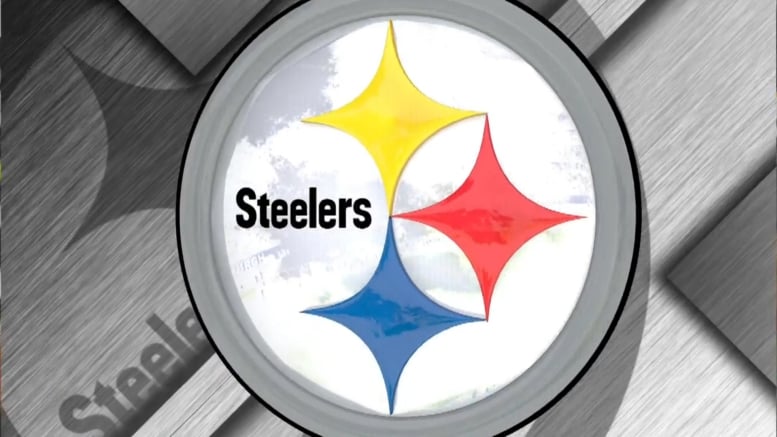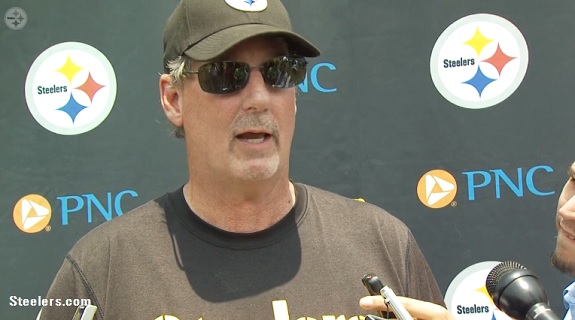George Perles’ first season in the NFL was also a momentous one for one of the league’s flagship franchises, the Pittsburgh Steelers. Head coach Chuck Noll, then entering his fourth season, hired Perles to coach his defensive line, which had already boasted Joe Greene, already a three-time Pro Bowler heading into the 1972 season.
Green won the Defensive Player of the Year Award that year, Perles’ first. The Steeler would unlock their long playoff drought with a victory over the Oakland Raiders that year. Green would win the award again two years later in 1974, with the Steel Curtain of himself, L.C. Greenwood, Ernie Holmes, and Dwight White at its height.
Then they would win again in 1975. And again in 1978. And again in 1979. By 1978, Perles had been promoted to defensive coordinator. A year later, he was named assistant head coach to Chuck Noll, and would remain with the team through the 1982 season before he was hired to become the head coach of a USFL team. He would return to his alma mater, Michigan State, revitalizing their football program.
Peres passed away yesterday at the age of 85, the team announced, due to complications from Parkinson’s Disease.
Truth be told, his is a name that probably not a lot of people knew, in spite of his importance in the Steelers’ most fertile period in their history, and in one of the great dynasties in American sports history. He is credited with helping to design the Stunt 4-3 front that the Steelers’ defensive line utilized to great success in that era.
Team president Art Rooney II issued the following statement upon his passing:
I am sorry to hear the news of the passing of George Perles. George had a major role coaching our famed Steel Curtain defense when he helped us win four Super Bowls in the 1970s under Chuck Noll. George designed the Stunt 4-3 defense which helped Joe Greene and the Steel Curtain became one of the most dominant defenses in NFL history. He later was elevated to defensive coordinator and assistant head coach following the success of our defense.
George will be missed by all who knew him and will be forever remembered for what he meant to the Steel Curtain defense and the Steelers of the 70s. Our thoughts and prayers are with his family.
Perles lived a long life that encompassed quite a bit more than the 11 years he spent as a core member of the Steelers’ coaching staff in the 1970s and early 1980s, but understandably, it is what we best know him for. It may arguably his greatest feat in public life, yet one that is sorely underappreciated, and under-recognized.






